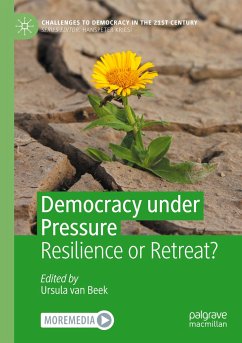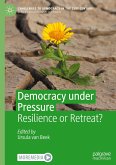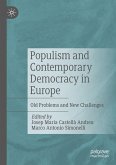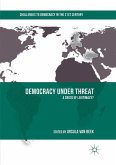This book identifies the main factors shaping the fortunes of democracy globally. Why do some democracies in the same region and presumably subject to similar global influences remain stable while others regress? This is the question guiding all the authors of this edited book. In the search for answers, they examine 16 democracies in paired and tripled comparisons in sub-Saharan Africa, North and Latin America, East Asia, Western and Central Europe, along with two polar cases. Insights from the perspectives of history, political science, economics and international relations are offered along with a sketch of possible future scenarios. Combining approaches anchored in the analytical tradition with empirical case studies and given the broad range of topics, this book is bound to be of interest not only to students and practitioners of democracy but also to the broader academic and general readership.
Bitte wählen Sie Ihr Anliegen aus.
Rechnungen
Retourenschein anfordern
Bestellstatus
Storno








